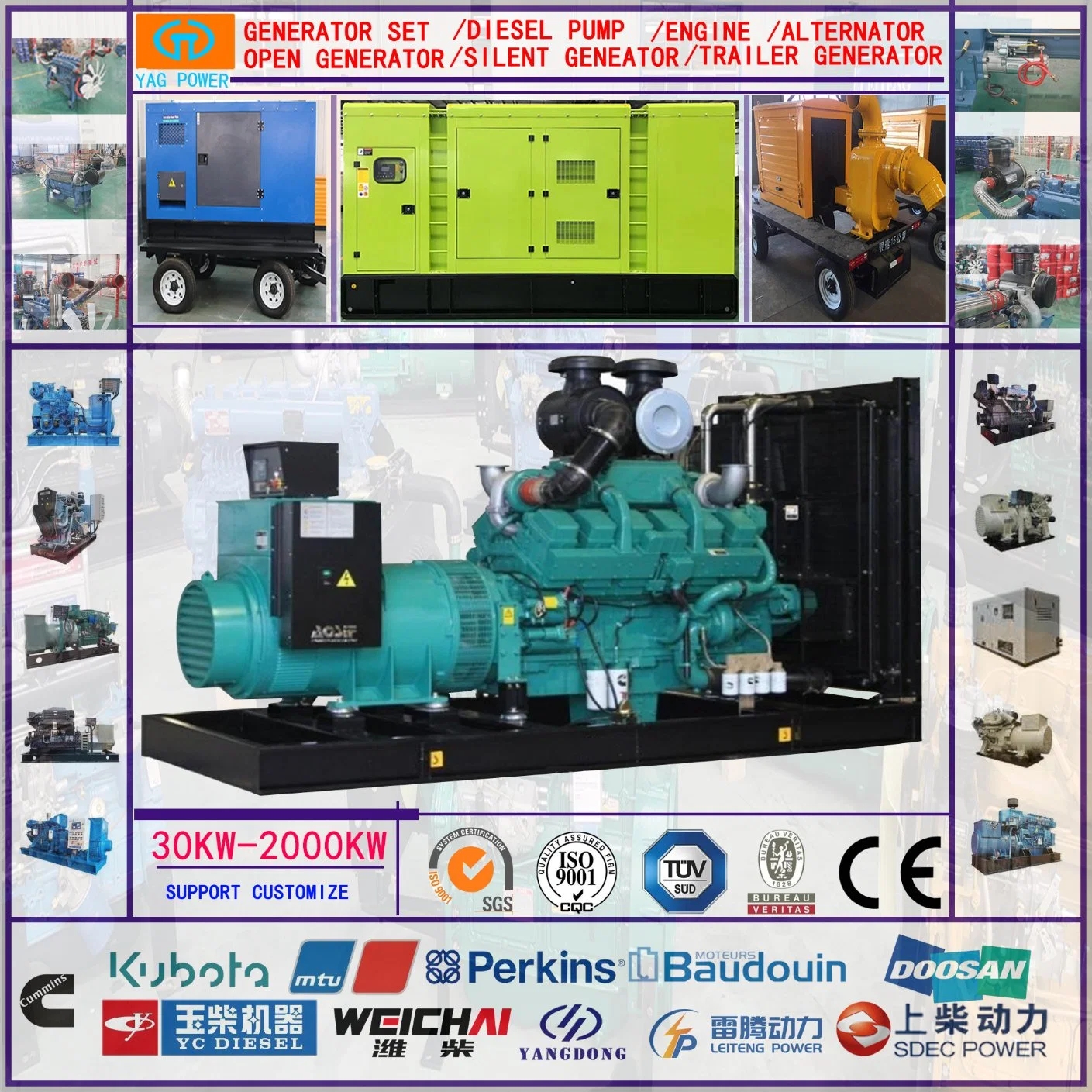Ensuring Reliability Standards with Diesel Generators
Introduction
Diesel generators play a crucial role in providing backup power in various settings, ranging from industrial facilities to hospitals, data centers, and remote locations. The reliability of diesel generators is paramount, as they are often the last line of defense in ensuring continuous power supply during emergencies or in off-grid situations. In this article, we will explore the importance of reliability standards in diesel generators and discuss various factors that contribute to ensuring their dependable performance.
Importance of Reliability Standards in Diesel Generators
Reliability is a critical aspect when it comes to diesel generators, as they are expected to function seamlessly when the primary power source fails. The consequences of a generator failure can be severe, leading to downtime, financial losses, and even posing risks to human safety in critical applications such as hospitals or emergency response centers.
Reliability standards for diesel generators are established to ensure that these machines can consistently deliver power when needed. These standards encompass various aspects of the generator's design, construction, maintenance, and performance testing to guarantee their reliability in real-world scenarios.
Factors Affecting Reliability in Diesel Generators
1. Design and Engineering
The design of a diesel generator plays a significant role in determining its reliability. Factors such as the selection of high-quality components, proper sizing of the generator for the intended load, and adherence to industry standards and regulations are crucial in ensuring the reliability of the generator.
Engineered redundancies, such as dual fuel filters, multiple cooling systems, and automatic transfer switches, can also enhance the reliability of the generator by providing backup mechanisms in case of component failures.
2. Fuel Quality and Storage
The quality of fuel used in diesel generators is paramount to their reliability. Contaminated or degraded fuel can lead to engine problems, reduced efficiency, and ultimately, generator failure. Proper fuel storage practices, including regular testing, filtration, and maintenance of fuel tanks, are essential to ensure the reliability of the generator over time.
3. Maintenance and Service
Regular maintenance and servicing are key factors in ensuring the reliability of diesel generators. Scheduled inspections, oil changes, filter replacements, and testing of critical components are necessary to prevent unexpected failures and ensure that the generator is ready to perform when called upon.
Having a comprehensive maintenance schedule and a trained team of technicians can significantly contribute to the reliability of the generator by addressing potential issues before they escalate into major problems.
4. Environmental Conditions
Environmental factors such as temperature, humidity, and exposure to elements can impact the reliability of diesel generators. Proper installation, ventilation, and protection from extreme weather conditions are essential to maintain the performance and longevity of the generator.
In regions with harsh climates or high pollution levels, additional measures such as corrosion protection, weatherproof enclosures, and regular cleaning of air intake systems can help enhance the reliability of the generator.
5. Load Testing and Performance Verification
Regular load testing and performance verification are crucial steps in ensuring the reliability of diesel generators. By subjecting https://www.lkpowerplant.com/400kw/ to simulated loads and monitoring its output, operators can verify that the generator meets the required performance standards and identify any potential issues that need to be addressed.
Load testing also helps in determining the generator's response time, fuel efficiency, and overall reliability under various operating conditions, allowing for adjustments and improvements to be made proactively.
Conclusion

Reliability standards play a critical role in ensuring the dependable performance of diesel generators in diverse applications. By focusing on factors such as design and engineering, fuel quality, maintenance practices, environmental conditions, and performance testing, operators can enhance the reliability of their generators and minimize the risks associated with power disruptions.
Adhering to established reliability standards, conducting regular maintenance, and investing in quality components and services are essential steps in guaranteeing the reliability of diesel generators when they are needed most. By prioritizing reliability in generator operations, businesses, institutions, and communities can maintain continuity in their operations and ensure the safety and well-being of individuals who rely on uninterrupted power supply.